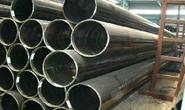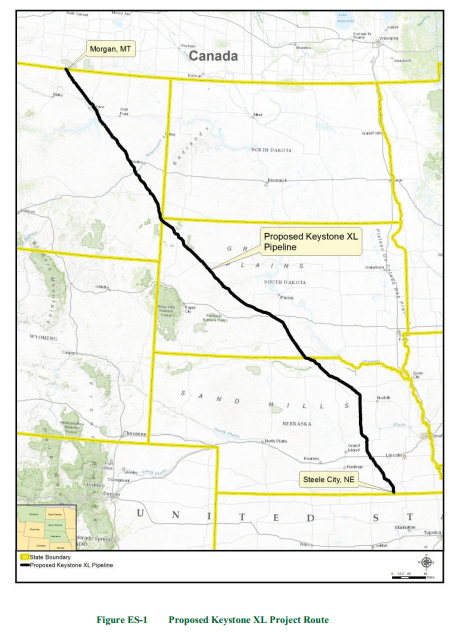Market Data

February 1, 2014
Keystone XL Pipeline: No Significant Impact on Climate Says US Report
Written by Sandy Williams
A State Department report on The Keystone XL Pipeline concludes that the project will have no significant impact on green house emissions that could affect the climate. The report opens the way for approval by President Obama to allow the pipeline construction to proceed. Approval is required because the proposed pipeline will cross the U.S. border.
“This is the fifth federal study on the environmental impact of the Keystone XL pipeline. Each previous one has stated that building Keystone XL would not adversely affect the environment. Today’s report confirms once again this result, including no appreciable impact on greenhouse gases,” Natural Resources Minister Joe Oliver said in a statement. “The benefits to the U.S. and Canada are clear. We await a timely decision on this project.”

“The President has clearly stated that the project will be in the national interest only if it does not significantly exacerbate the problem of carbon pollution,” said White House spokesman Matt Lehrich. “The Final Supplemental Environmental Impact Statement includes a range of estimates of the project’s climate impacts, and that information in the report will now need to be closely evaluated by Secretary Kerry and other relevant agency heads in the weeks ahead.”
The Keystone XL Pipeline proposes the construction of an 875-mile pipeline extending from Morgan, Montana, to Steele City, Nebraska (Fig. ES 1 from the US State Department report). The pipeline would allow delivery of up to 830,000 barrels per day (bpd) of crude oil from the Western Canadian Sedimentary Basin (WCSB) in Canada and the Bakken Shale Formation in the United States to Steele City, Nebraska. The oil would then continue to refineries on the Gulf Coast.
An economic analysis in the report suggests the project will 42,100 jobs with more than $2 billion in earnings. Construction would add $3.4 billion (0.02 percent) to the US gross domestic product (GDP).







